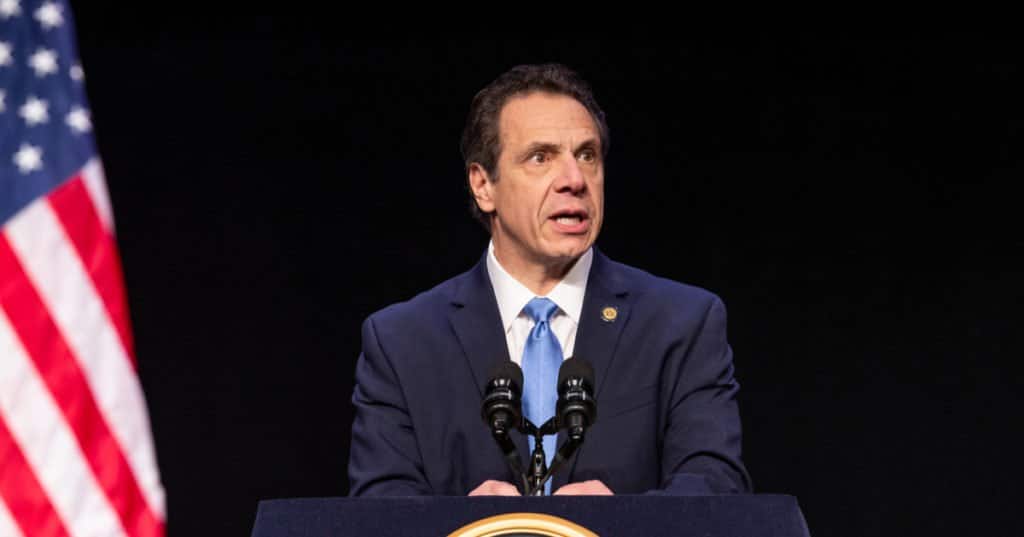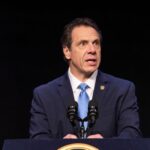




Pete Buttigieg, former transportation secretary, just tossed a curveball at Democrats, suggesting they swipe a page from Donald Trump’s playbook.
On a podcast, he pushed for mandating insurance coverage for in vitro fertilization (IVF), a move that’s got conservatives nodding and progressives scratching their heads. It’s a rare day when a Democrat tips a hat to Trump’s ideas, especially one tied to family values.
Fox News reported that Buttigieg appeared on "Pod Save America" Sunday, floating the idea that Democrats should embrace Trump’s campaign promise to make insurance companies cover IVF treatments.
This comes despite a Washington Post report noting the Trump administration lacks a concrete plan to deliver on this pledge. The suggestion has sparked chatter about whether Democrats might find common ground with a MAGA policy.
In February, Trump signed an executive order aimed at cutting out-of-pocket costs for IVF and fertility treatments. The order tasked the Domestic Policy Council with exploring ways to make these treatments more affordable. Yet, the Washington Post claims there’s no real roadmap, leaving skeptics wondering if it’s all campaign trail hot air.
Buttigieg didn’t just stop at endorsing IVF coverage; he doubled down on the need for pro-family policies. “I think it’s good policy,” he told host Jon Favreau, arguing that supporting families means ensuring access to fertility treatments.
But let’s be real—when a Democrat praises a Trump idea, it’s less about love for MAGA and more about spotting a gap in their playbook. The former transportation secretary argued that cost barriers shouldn’t stop people from starting families.
He jabbed at the “artificial issues” around access, a not-so-subtle dig at bureaucratic red tape and progressive overreach. It’s a point that resonates with conservatives who’ve long championed practical, family-first solutions over ideological crusades.
Buttigieg’s comments weren’t just about IVF; they tied into a broader push for policies that encourage bigger families.
He suggested that, whether through government support or private healthcare, the goal is to help people have kids if they want them. Sounds like a conservative talking point, doesn’t it? Yet here’s a Democrat stealing the mic.
Trump’s executive order was a bold stroke, promising to ease the financial burden of fertility treatments. White House spokesperson Abigail Jackson insisted the administration is “committed like never before” to making it happen. But without a clear plan, as the Washington Post points out, it’s hard to take the pledge at face value.
Jackson’s statement to the Post claimed Trump’s team is working hard to deliver on the IVF promise. Yet, conservatives might raise an eyebrow—promises are cheap, and results matter. If the administration’s dragging its feet, it risks alienating the very base it’s trying to rally.
Meanwhile, Buttigieg’s pitch has put Democrats in an awkward spot. Jon Favreau asked if they should “run on Trump’s promise” for IVF coverage, and Buttigieg didn’t flinch. His response—“it’s good policy”—is a pragmatic nod that could make woke warriors in his party squirm.
Buttigieg’s pro-family stance isn’t just about IVF; it’s a call to rethink how policy supports everyday Americans. He argued that encouraging families shouldn’t be a partisan issue, even taking a swipe at the “weird” way some on the right handle it. But coming from a Democrat, this feels like a calculated move to poach conservative voters.
The Long Bridge Project, where Buttigieg spoke in October at a groundbreaking in Arlington, Virginia, shows he’s still in the public eye.
Managed by the Virginia Passenger Rail Authority, the project will add a two-track railroad bridge by 2030. It’s a reminder that Buttigieg’s not just a talking head—he’s still shaping infrastructure and, apparently, policy debates.
At a July news conference in Long Beach, California, Buttigieg touted the Pier B rail project, proving he’s not shy about staying relevant. His IVF comments, though, steal the spotlight, blending conservative values with progressive pragmatism. It’s a tightrope walk that could either bridge divides or trip him up.
Buttigieg didn’t hold back on criticizing his own party’s voter outreach. At a February forum, he mocked diversity training that feels like a “Portlandia” skit, a jab at woke excess that conservatives will cheer. It’s refreshing to hear a Democrat admit their party’s sometimes out of touch.
He also warned that heavy-handed progressive tactics are “how Trump Republicans are made.” That’s a zinger that hits home—pushing divisive agendas risks driving voters to the MAGA camp. Buttigieg’s candor here aligns with conservative gripes about the left’s cultural overreach.



